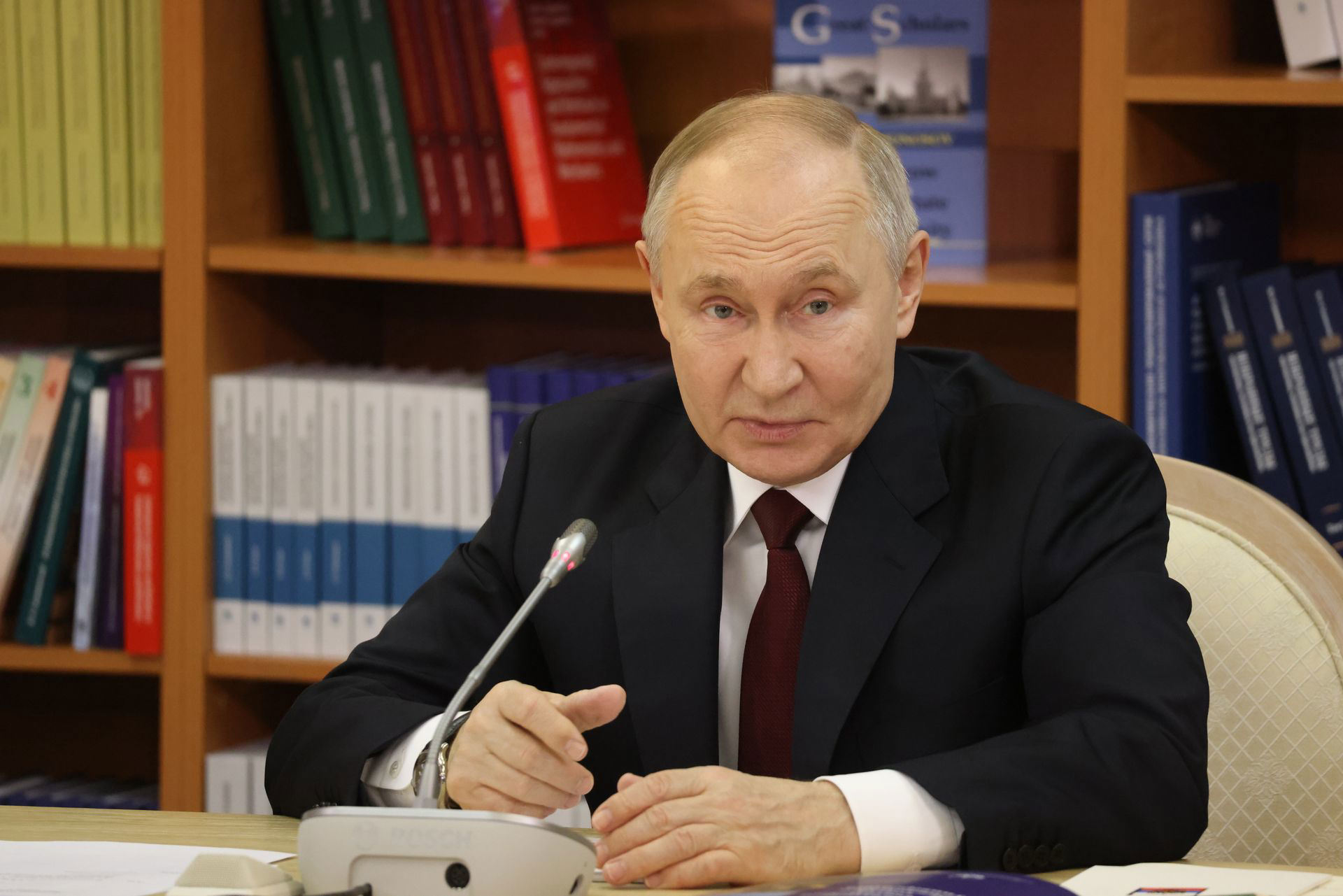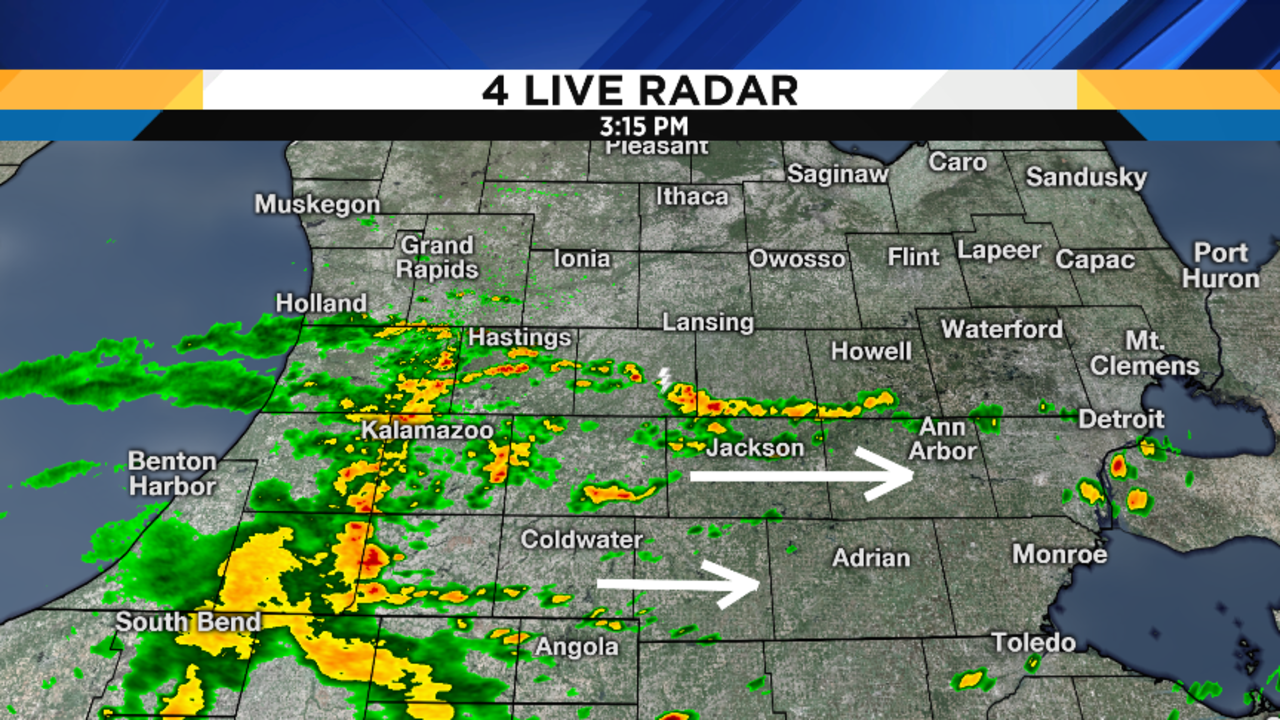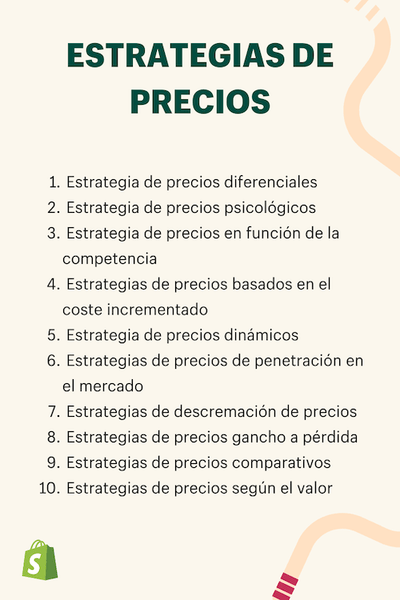US-Russia Relations: Trump Weighs Sanctions As Putin Tensions Rise

Table of Contents
The Current State of US-Russia Relations
Understanding the current state of US-Russia relations requires looking back at a long and often turbulent history. While periods of détente have existed, particularly during the post-Cold War era, bilateral relations have consistently been characterized by strategic competition. This competition plays out across multiple domains, including:
- Ukraine: The annexation of Crimea in 2014 and ongoing conflict in eastern Ukraine remain major sticking points. Russia's actions are seen by the US and many of its allies as a violation of international law and a threat to Ukrainian sovereignty.
- Syria: Disagreements over the Syrian civil war have further strained relations, with Russia supporting the Assad regime and the US backing various opposition groups. This conflict has also led to concerns about the use of chemical weapons and the humanitarian crisis in the region.
- Cybersecurity Threats: Allegations of Russian interference in the 2016 US presidential election, as well as other instances of cyber warfare and disinformation campaigns, have significantly damaged trust and increased tensions.
- Arms Control: The deterioration of arms control treaties, such as the Intermediate-Range Nuclear Forces (INF) Treaty, adds another layer of complexity and increases the risk of an escalation of conflict. Limited cooperation exists in areas like counterterrorism, but this is often overshadowed by the larger disagreements.
The Rationale Behind Potential New Sanctions
The potential for new sanctions against Russia stems from a range of concerns, all impacting US national security interests. These concerns include:
- Election Interference: Intelligence agencies have concluded that Russia interfered in the 2016 US presidential election, aiming to undermine the democratic process and influence the outcome. This has prompted calls for stronger measures to deter future interference.
- Human Rights Abuses: Reports of human rights violations within Russia, including political repression, restrictions on freedom of speech, and the persecution of political opponents, have fueled arguments for sanctions as a means of pressure.
- Violation of International Law: Russia's actions in Ukraine, including the annexation of Crimea and support for separatists in the Donbas region, are seen as clear violations of international law. Sanctions are viewed as a tool to hold Russia accountable for its actions.
- Aggressive Cyber Activities: Russia's sophisticated cyber capabilities pose a significant threat to US national security. Sanctions are considered a way to deter future attacks and disrupt Russian cyber operations.
Potential Consequences of New Sanctions
Imposing new sanctions on Russia would undoubtedly have far-reaching consequences, both domestically and internationally. These potential impacts include:
- Economic Impact: Sanctions could negatively impact the US economy, particularly industries with significant trade ties to Russia. Global markets could also experience instability.
- Geopolitical Consequences: New sanctions risk escalating tensions further and could even lead to military conflict, particularly if they are perceived by Russia as an act of aggression.
- International Response: The response from other countries, particularly European Union members and NATO allies, could be significant. A unified international response would strengthen the effectiveness of sanctions, but disagreements could weaken their impact.
- Diplomatic Repercussions: Sanctions could severely damage already strained diplomatic relations, making it harder to find common ground on other global issues. This could limit cooperation on important matters like climate change, counterterrorism, and nuclear non-proliferation.
Alternative Approaches to Managing Tensions
While sanctions can be a powerful tool, relying solely on them to manage tensions with Russia is a risky strategy. Alternative approaches should be explored, including:
- Strengthened Diplomacy: Improved communication channels and increased diplomatic engagement can help foster understanding and de-escalate tensions. Regular high-level dialogue is crucial.
- Cooperation on Shared Goals: Identifying and collaborating on shared global challenges, such as climate change or pandemics, can help build trust and create opportunities for cooperation.
- Confidence-Building Measures: Implementing confidence-building measures, such as transparency initiatives or military exercises, can help reduce the risk of accidental conflict.
- Cybersecurity Investments: Investing in cybersecurity infrastructure and defenses is vital to mitigate the threats posed by Russian cyber activities.
Conclusion
US-Russia relations remain a critical and volatile element of the global geopolitical landscape. The decision to impose further sanctions against Russia is not one to be taken lightly. The potential consequences are complex and far-reaching. A comprehensive strategy must incorporate not only the potential use of sanctions but also a serious commitment to alternative approaches, emphasizing diplomacy, negotiation, and de-escalation. Understanding the intricacies of US-Russia relations, particularly concerning the implications of sanctions and alternative approaches, is crucial for navigating this challenging relationship. Stay informed on further developments in this dynamic situation by regularly checking reputable news sources for updates on US-Russia relations and the ongoing dialogue concerning Putin and the Trump administration's policies.

Featured Posts
-
 Manchester City Transfer Update De Bruynes Contract Situation And Club Statement
May 28, 2025
Manchester City Transfer Update De Bruynes Contract Situation And Club Statement
May 28, 2025 -
 Drought Prediction Unsettling Parallels Between Spring 1968 And Spring 2024
May 28, 2025
Drought Prediction Unsettling Parallels Between Spring 1968 And Spring 2024
May 28, 2025 -
 Cool Monday Morning Sunny Afternoon Metro Detroit Weather Update
May 28, 2025
Cool Monday Morning Sunny Afternoon Metro Detroit Weather Update
May 28, 2025 -
 A Hollow Achievement Analyzing The Latest Film From Wes Anderson
May 28, 2025
A Hollow Achievement Analyzing The Latest Film From Wes Anderson
May 28, 2025 -
 Is Bob Nutting The Problem For The Pittsburgh Pirates A Deeper Look
May 28, 2025
Is Bob Nutting The Problem For The Pittsburgh Pirates A Deeper Look
May 28, 2025
Latest Posts
-
 Mayor Transparencia En Los Precios De Boletos De Ticketmaster
May 30, 2025
Mayor Transparencia En Los Precios De Boletos De Ticketmaster
May 30, 2025 -
 Nuevos Detalles Sobre El Precio De Las Entradas De Ticketmaster
May 30, 2025
Nuevos Detalles Sobre El Precio De Las Entradas De Ticketmaster
May 30, 2025 -
 Ticketmaster Entendiendo El Precio Total De Tus Boletos
May 30, 2025
Ticketmaster Entendiendo El Precio Total De Tus Boletos
May 30, 2025 -
 Nueva Politica De Precios De Ticketmaster Mas Claridad Para Los Compradores
May 30, 2025
Nueva Politica De Precios De Ticketmaster Mas Claridad Para Los Compradores
May 30, 2025 -
 Ticketmaster Aclara Sus Polemicas Tarifas De Boletos
May 30, 2025
Ticketmaster Aclara Sus Polemicas Tarifas De Boletos
May 30, 2025
